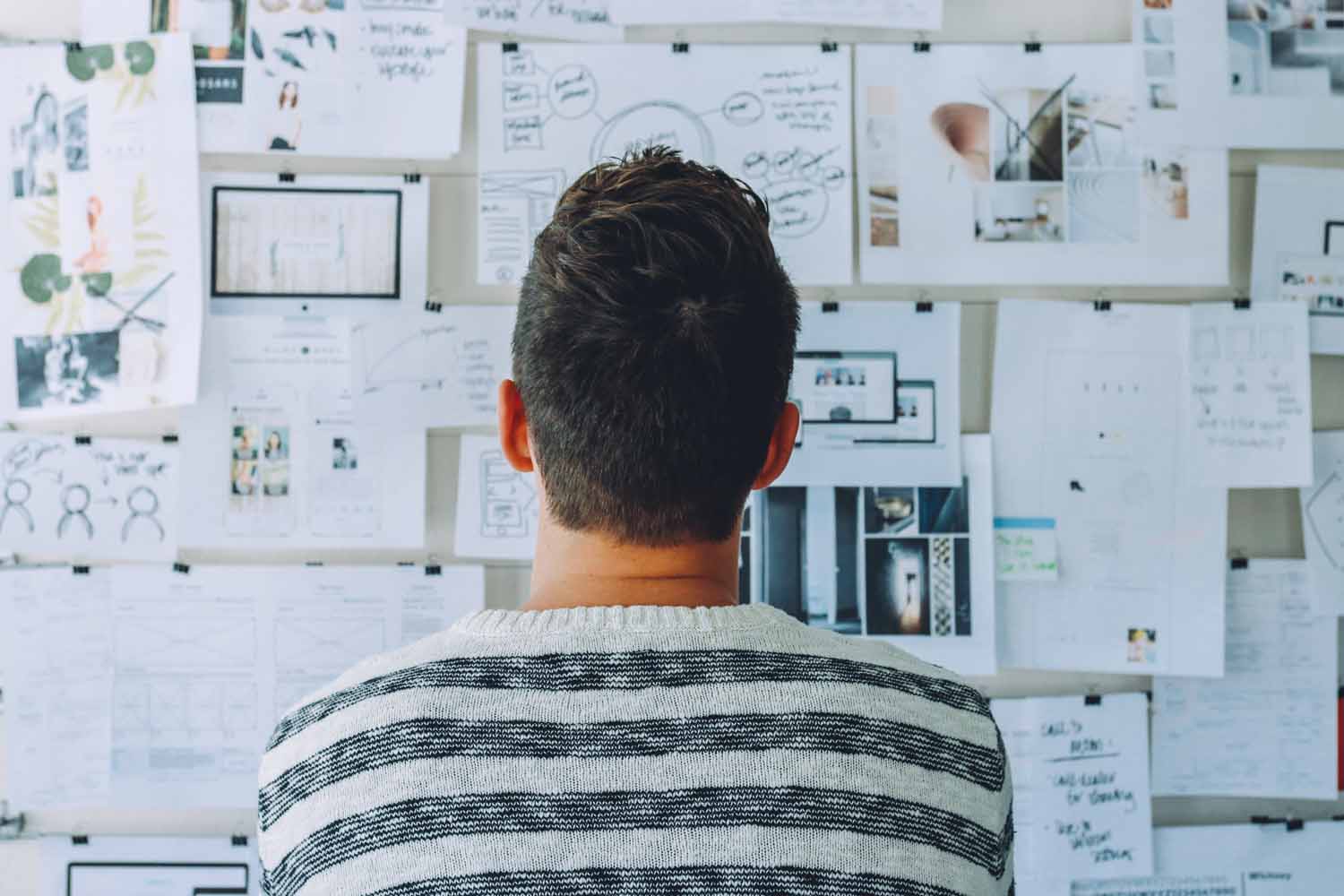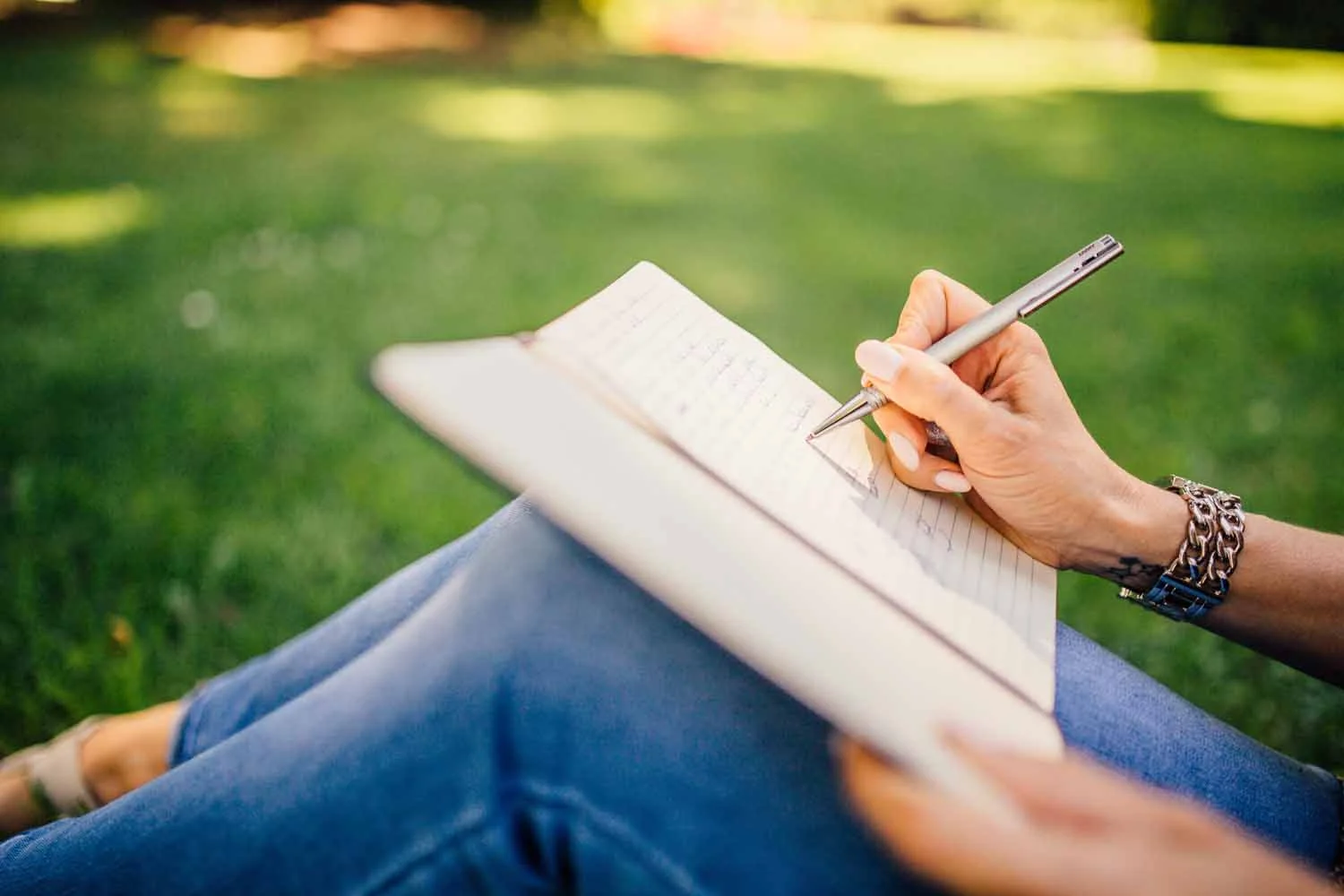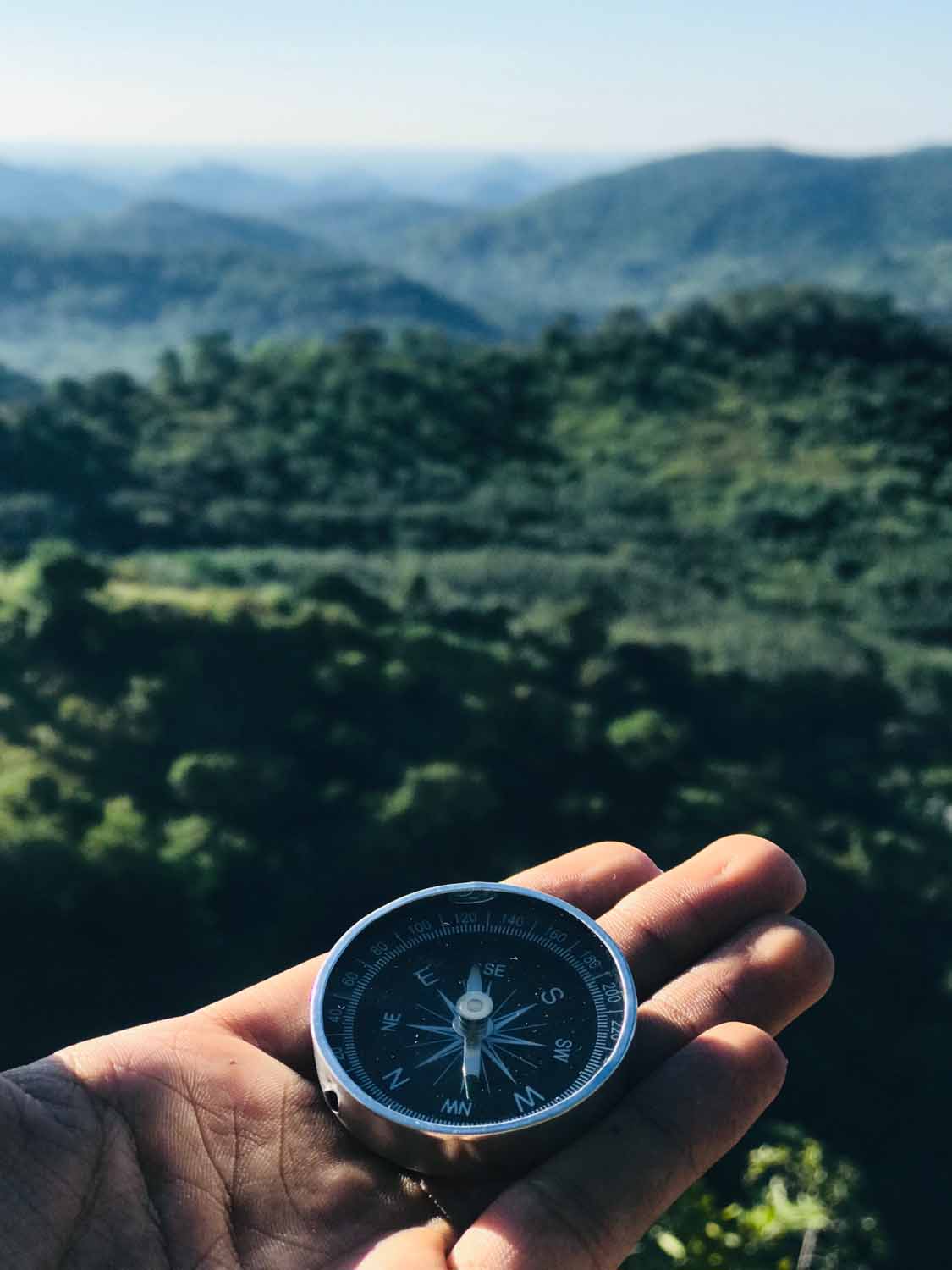The Power of Not Knowing What to Do
/In my experience, people often hate saying “I don’t know” when they’re facing a choice in their life because they don’t want to feel or be seen as weak, foolish, or uncertain.
We’re “supposed” to always be sure of ourselves, and I see a lot of people who pretend that they are, and instead end up making an ill-informed decision.
I also see people have knee-jerk reactions to the difficult emotions they feel when they face a tough decision, and end up regretting it. If only you knew the right thing to do, right?
Well, if you’ve been following me for a while, you know that in my videos and articles, I don’t actually provide you with a sort of paint-by-numbers approach to happiness like a lot of those self-help “gurus” out there do.
I don’t know whether you should quit your job or give it another year. I don’t know if you end your relationship or keep trying to make it work. I mean, I don’t have all the answers all the time for myself even.
I think that it’s easy to look at people dispensing tips and advice like I do, and conclude either, one, they either have it all figured out, or two, they want people to think they do.
But let me clear that up for you: there are times I don’t have any idea what to do next at first, and if something important is hanging in the balance, that can scare the hell out of me.
What am I going to do? What if I get it wrong? A lot of the same fears you have at times like that, I bet. Let me give you an example.
When there’s no obvious answer . . . or a “right” answer
Lately I’ve been dealing with disruption in some important relationships in my life, and running up against a question that still surfaces for me after decades of personal growth, which is: are my expectations of others healthy, appropriate, and fair for myself and them?
Meaning, I know that what I want from people is right and healthy. But if I make that a condition of being in a relationship with them, is that fair of me, and is that me standing up for myself, or am I expecting too much of others and missing out on good connection?
I mean, given that none of us will ever have a perfect relationship with anyone, where does the “good enough” line fall?
Now, these aren’t easy questions to answer. The answers depend on the situation, the relationship, etc., and so when something happens in a relationship of mine, I sometimes run up against “I don’t know.”
I DON’T KNOW! Aargh. I just don’t know what to do.
But that’s fine, because I do know how to find out what to do.
What to do when you don’t know what to do
I do the same things that I recommend to you guys. I don’t regularly keep a journal, but at times like this, I journal.
I reach out for support and third-party perspective from trusted friends and advisors.
I double the amount of my daily mindfulness meditation time, so I can be present with everything I’m feeling: the uncertainty, sadness, anger, fear, or whatever else.
Not avoiding it, so it can fester and overpower me, but getting to understand what core issues are involved, how those relate to the kind of life I want in the long run, and then making a wise decision.
There’s a little more to it, but you get the idea.
See, while I don’t know what you should do about your job or marriage, or even what I should do sometimes when a problem crops up, I do know a thing or two about how you can use a process of self-discovery to reveal for yourself what the right thing to do is, even when you start out completely confused.
As you practice making wise decisions from a place of groundedness and insight, you start to trust yourself more, and see your quality of life improve. Then, when you see those results, two things happen.
One, you gain some new information that helps you make a better, faster, or easier decision next time.
Two, you start to trust yourself more. Eventually, you feel self-assured, and know what to do next, a lot more of the time.
Beginner’s mind is the first step
Arriving at the wise decision is a process, and Step 1 of the process is, at some point, arriving at “I don’t know.”
Pick someone who has achieved mastery at anything, and they’ll tell you that they either started not knowing, or had to let go of everything they thought they knew, to start over not knowing.
If you’re always knee-jerk reacting to the pain of your tough choices, you’re not there yet.
If you’re adopting a ready-fire-aim approach in order to appear like you know when you don’t, you’re not there yet.
Either way, intentionally or not, you’re skipping to the back of the book to find the answer instead of learning how to solve the problem, and that will keep you stuck repeating mistakes.
In an era when artificial intelligence is on the verge of knowing the “right” response instantly in any situation, I see being ok with not knowing as a profoundly human quality, as well as a personal growth rite of passage.
That’s why I absolutely love it when I ask a client what decision they plan to make and they tell me “I don’t know,” and then proceed to work the problem through with me or on their own to arrive at a satisfying decision that provides zero fuel for regret.
So, the next time you don’t know what to do, see if you can relax into the not knowing a little bit.
What you stand to gain isn’t just the answer, but learning how take better care of yourself, by getting to know your most authentic, wise, tender, hopeful self—and practicing standing in support of it, with the decisions you make today.
P.S. If you’re facing some sort of setback or big decision right now that’s got you worried and confused, why not grab my free Setback Survival Pack? It’s a video and PDF guide that will help you feel less anxious, develop some insight, and set the stage for a good next step for yourself.
Also, if you’d like to explore working with me one-on-one as your coach, just click here and we can find a good time for a free consultation.


















